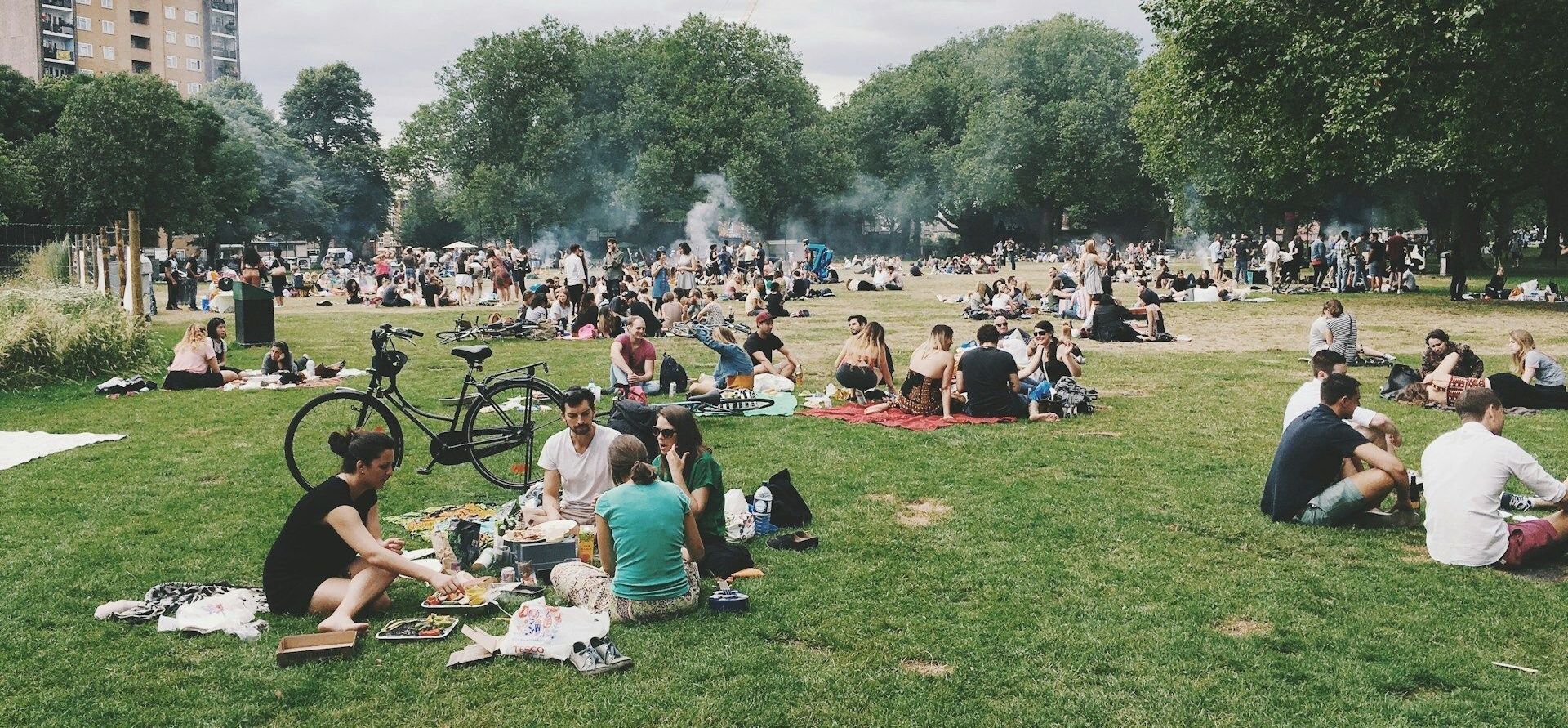
Picnic Conversations
Friday Aug 2, 2024
A few weeks ago, we attended an international conference for those working with Muslims. We heard many wonderful stories of Muslims coming to Christ. One attendee shared, “I have had several Muslims who recently came to our city call me, saying they heard I was a Christian and asking me if I would disciple them!” This was amazing to hear! We rejoiced together as we were reminded of God’s ability to draw people from the kingdom of darkness into his wonderful light. Yes, there are still 1.8 billion Muslims who have not yet come to Christ. Yet, there are signs that God is at work in marvelous ways. People have been praying for the Muslim world for many years, but I have never heard of the same person getting multiple phone calls from Muslims asking them to disciple them in the ways of Jesus Christ! This is exciting and an incredible answered prayer.
Connecting over food and stories
How are you reaching out to Muslims in your neighborhood, town, or workplace? Summer is a great time to host a picnic or cookout. However, many if not most, Muslims are strict about food. Please make sure you have Halal food, unless they have specifically told you they are not following Islamic dietary laws.
Always remember that your picnic food should never be pork or made from pork products. Even if they say that they eat non-Halal meat—that almost always means they will eat beef or chicken that is not labeled Halal. Muslims will never eat pork, as they understand it to be not only strictly forbidden but also filthy. Most often when we go on picnics with Muslims, we will let them read the food package before we open it. This makes them feel at ease knowing it is okay for them.
A local church we know well recently sponsored a picnic for Muslims and it was a success. Church members turned up early to set up and cook. Others provided rides for families without vehicles. There were outdoor games, and of course, an opportunity to throw water balloons at each other!
There are several great reasons to host a picnic:
- I am guessing that most new Muslim immigrant or refugee families in your city have never been on a picnic with a Christian family.
- Most refugees and immigrants live in cities where it tends to be more crowded and parks may not be nearby.
- Many new refugee families and immigrants have limited budgets and buying an entry pass to a national or state park might be difficult for them.
- People who have newly arrived to a city or area are not familiar with the local areas or what might be available.
- For those taking ESL lessons, going to a local park can be a wonderful field trip and a place to learn and practice some new vocabulary.
While you are on your picnic, I would encourage you to tell a Bible story that takes place in a natural setting like the Samaritan woman at the well, the feeding of the five thousand, or perhaps the Parable of the Sower. If you are near a body of water, you could tell of Moses and the people of Israel crossing the Red Sea or Jesus calming the storm on the Sea of Galilee. There are many stories to choose from and you can tell one each time you go on a picnic.
Please also take the time to pray with your Muslim friend. Muslims are open to prayer and honored by your request to pray together. Ask how you can pray for them and then pray right there. Continue to pray for the needs they raise so you can ask on your next visit, “Has God answered your prayers yet?” or “How has God answered your prayers?”
10/10 Prayer Initiative
We continue to pray for 10% of the Muslim world to come to Christ in 10 years. We have been praying for this since 2018, and we are praying with faith that he will do exceedingly, abundantly more than we could ask or imagine.
Pray for many Muslims attending the Olympic games in Paris as participants and guests. Pray that as they rub elbows with people from all over the world, that they would hear stories of Jesus from other athletes and guests.
With growing tensions in the Middle East, pray that God’s love that surpasses understanding will touch and change many lives. Pray for the church worldwide and its view towards immigrants and refugees. May we be gracious and mindful of the sojourners living among us.
Additional Posts




